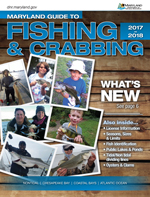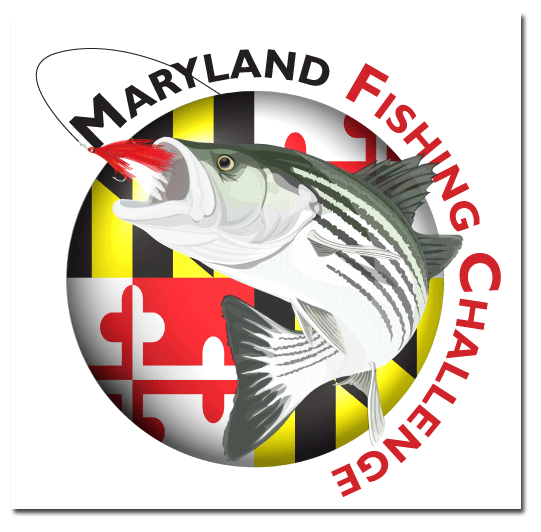Public Hearing - Draft Interstate Fishery Management Plan (FMP) for Jonah Crab - 4:30-7:00pm
6/30/2015
Ocean Pines Library
1106 Cathell Road
Ocean Pines, Maryland
 Contact craig.weedon for more information.
Contact craig.weedon for more information.
The Jonah Crab FMP was initiated in response to concern about increasing targeted fishing pressure for Jonah crab, which has long been considered a bycatch in the lobster fishery. However, growing market demand has increased landings by 6.48 fold since the early 2000s. The majority of crab are harvested by lobstermen using lobster traps. With the increase in demand for crab, a mixed crustacean fishery has emerged that can target both lobster or crab or both at different times of year based on slight legal modifications to the gear and small shifts in the areas in which traps are fished. The mixed nature of the fishery makes it difficult to manage a Jonah crab fishery completely separate from the American lobster fishery without impacting the number of vertical lines and traps capable of catching lobster in state and federal waters. A complete picture of the Jonah crab fishery in federal and state waters is difficult to ascertain due to the mixed nature of the fishery. In the absence of a comprehensive management plan and stock assessment, increased harvest of Jonah crab may compromise the sustainability of the resource.
The Draft Jonah Crab FMP presents management objectives, proposed regulations to the commercial and recreational fisheries, monitoring requirements, and recommendations for federal waters fisheries. The proposed options seek to address the following issues:
- The crab resource is not directly regulated in federal waters but is rather regulated incidentally by the American lobster regulations. There are no crab specific regulations in federal waters or permit/license requirements.
- There are no minimum size protections for Jonah crab, nor are there regulations to protect spawning biomass, including restrictions on the harvest of females or egg carrying females.
- Supermarkets and other major buyers are positioning to discontinue selling processed and whole Jonah crab unless it is managed sustainably which would impact the ex-vessel price.
- A lack of universal permit and reporting requirements makes it difficult to characterize catch and effort to the full extent in order to manage the fishery
- A Jonah crab trap is not distinguishable from a lobster trap making it difficult to independently manage crab and lobster fisheries.
- Because crab traps are similar in design and function to lobster traps, but are not specifically regulated, there may be implications with the lobster fishery and marine mammal interactions compromising the effectiveness of the Large Whale Take Reduction and Lobster plans.
Fishermen and other interested groups are encouraged to provide input on the Draft FMP either by attending public hearings or providing written comments. The Draft FMP can be obtained at http://www.asmfc.org/files/PublicInput/DraftJonahCrabFMP_PublicComment.pdf or via the Commission's website, www.asmfc.org, under Public Input. Public comment will be accepted until 5:00 PM (EST) on July 24, 2015 and should be forwarded to Megan Ware, FMP Coordinator, 1050 N. Highland St, Suite A-N, Arlington, VA 22201; 703.842.0741 (FAX) or at comments@asmfc.org (Subject line: Jonah Crab FMP). For more information, please contact Megan Ware at mware@asmfc.org or 703.842.0740.



